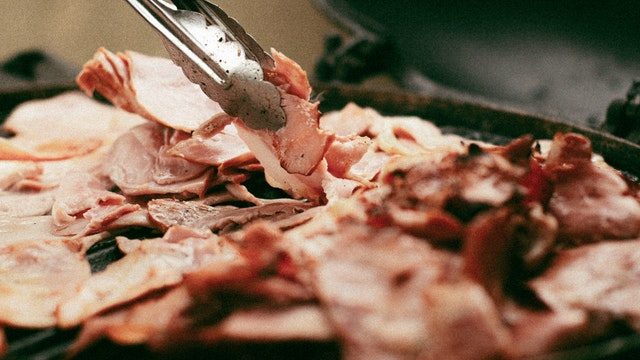Livestock raising has long been a complex and misunderstood issue outside the agricultural community. Large communal pens often are considered the most humane by casual observers, but they do not tell the whole story.
That is the case with California’s Proposition 12. The legislation created problematic perimeters for housing of livestock both within and outside of California’s borders but primarily for pork producers who must now determine whether to retrofit their existing pens or build new.
Under the regulations of Prop 12, pork producers must provide 24 square feet of space for hogs to live without touching the side of a stall or another animal, representing a significant change in how penning is currently handled in hog production around the United States. This is particularly problematic when taking into account that California is responsible for less than one percent of all pork production in the U.S.
Contrary to the space requirements of Prop 12, pigs require a minimal amount of space to live and grow – approximately 8 square feet. If given additional space, rooting behaviors can become destructive to soils and pastures. Communal penning creates its own challenges as aggressive hogs may attack their pen neighbors posing safety risks. Communal penning also facilitates disease spread, posing health risks.
The health and safety risks to the livestock themselves are the single most significant herd management challenge created by Prop 12. It puts animals, no matter where they are raised, at risk of ongoing injury and need for antibiotic treatment.
The challenges built in to Prop 12 don’t stop with the animals themselves. They trickle down to the grocery store, too. With approximately 18 percent of California’s residents classified as impoverished, any law that lessens access to an affordable protein source is of grave concern. Think beyond the ubiquitous bacon everything and remember pork has been marketed as the “other white meat” for a generation because it is a lean, protein rich meat that has been reasonably affordable until recent years.
Prop 12 drives the cost of pork up in various ways. The most troubling for people who are interested in knowing where their food comes from and railing against the further consolidation of farms into large conglomerates, is that small farms that cannot afford the penning conversions will sell to companies like Tyson, Smithfield, JBS, and Cargill.
Farms that can make the financial leap with penning conversions without selling to large companies, will likely lessen their herd size to do so, making the national number of hogs smaller, and driving up the price because there will be fewer animals to fulfill the same demand. Finally, the requirements of Prop 12 being applied internationally may lessen the amount of imported pork, equating to a similar supply-and-demand issue as the smaller overall herd size in the U.S. but on a larger scale.
While Prop 12 will cost consumers, it will cost pork producers first because they will be required to retrofit their on-farm pens to continue raising hogs.
No matter what route pork producers take, there are costs associated with surviving the rules of Prop 12. If producers choose to reduce their herd size and then retrofit their pens, it will cost approximately $17.50 per animal. To remodel an existing barn and add the additional space required by Prop 12 for a 2,500-sow farm, will cost an estimated $600 per pig or $2.1 million. To build completely new barns that are Prop 12 compliant would cost an estimated $3,800 per pig ($9.5 million in the 2,500-sow example).
Earlier this year, Sacramento County Superior Court ruled to delay enforcement of Prop 12. The American Farm Bureau Federation and the National Pork Producers Council have appealed Prop 12 to the Supreme Court and are awaiting a decision on whether the court will hear their appeal.
Prop 12 was marketed to California voters to improve animal welfare and food safety. Instead, the proposition disregarded science about how to raise happy, healthy hogs and put those most food insecure residents of California at risk by making food more expensive and out of reach.
Pam Lewison is a family farmer, Pacific Research Institute fellow and director of the Washington Policy Center’s Initiative on Agriculture.

